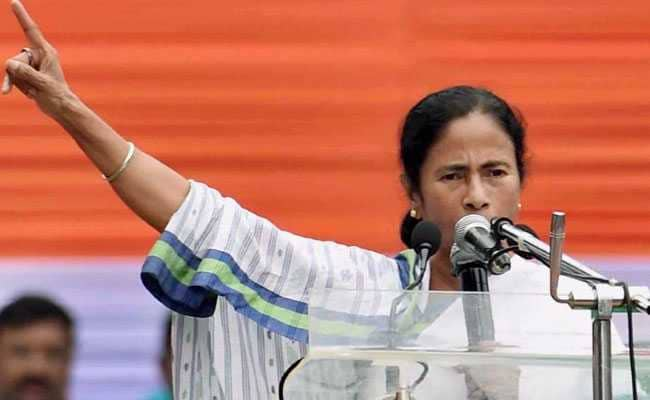
Mamata Banerjee, the Chief Minister of Bengal, has taken the centre to the Supreme Court, challenging rules that make Aadhaar or national identity card numbers mandatory for drawing benefits from government welfare schemes. Ms Banerjee is among the biggest critics of Prime Minister Narendra Modi's policies. Her government's petition will be heard on Monday, separately from a batch of 21 petitions already being heard by the Chief Justice of India, Dipak Misra.
Here is your 10 point guide to the story
The centre says that the 12-digit unique ID or Aadhaar assigned to citizens is a must for government services, filing returns, financial transactions and even mobile phones services.
Over a billion Indians have already registered for Aadhaar cards, which ascribe unique ID numbers, and record fingerprints and iris scans of each person.
The government this week extended the deadline for linking Aadhaar to government welfare schemes to March 31 from the end of the year.
After recent reports of poor families being denied subsidized foodgrain in Jharkhand, the centre asked states to ensure that people get ration even if they do not have Aadhaar cards.
Aadhaar was set up to be a secure form of digital identification for citizens, one that they could use for government services. But as it was rolled out, concerns arose about privacy, data security and recourse for citizens in the face of data leaks and other issues.
In August, the Supreme Court had ruled that privacy is a fundamental right, though subject to reasonable restrictions.
The ruling did not comment on whether Aadhaar should be mandatory for financial transactions and welfare schemes, which is being heard in a separate case.
Critics say the Aadhaar identity card links enough data to allow profiling because it creates a comprehensive profile of a person's spending habits, friends and acquaintances, property and other such data.
While acknowledging the right to privacy, Supreme Court judges asked the government to introduce legislation and measures to ensure that data is protected.
Ms Banerjee had earlier this week announced that she would rather have her phone disconnected than submit to that rule. "If they want to disconnect my phone, let them," she said defiantly, calling the rules an invasion of privacy.

